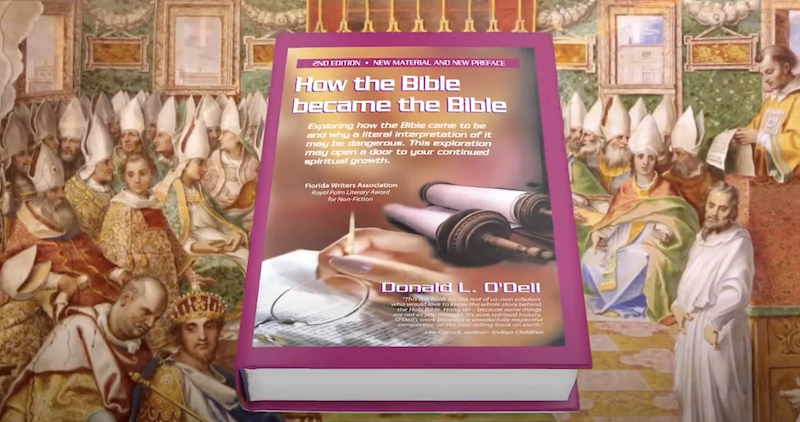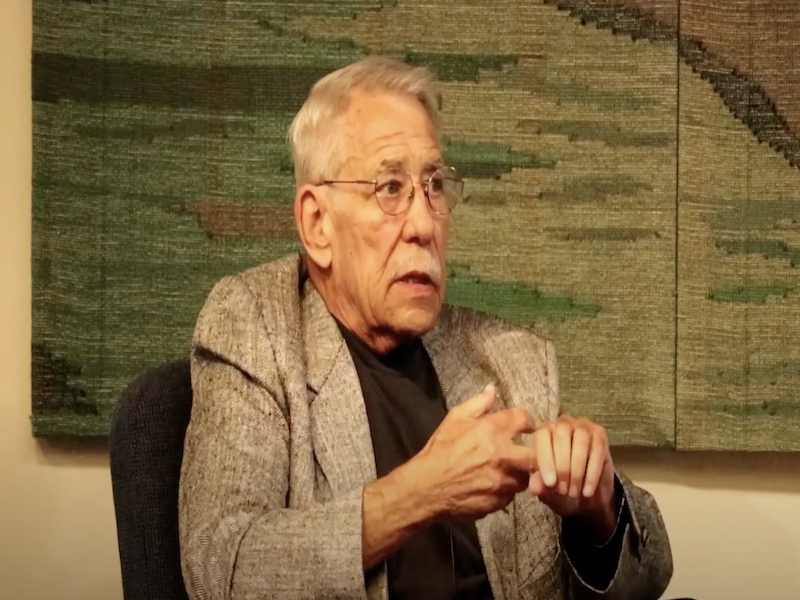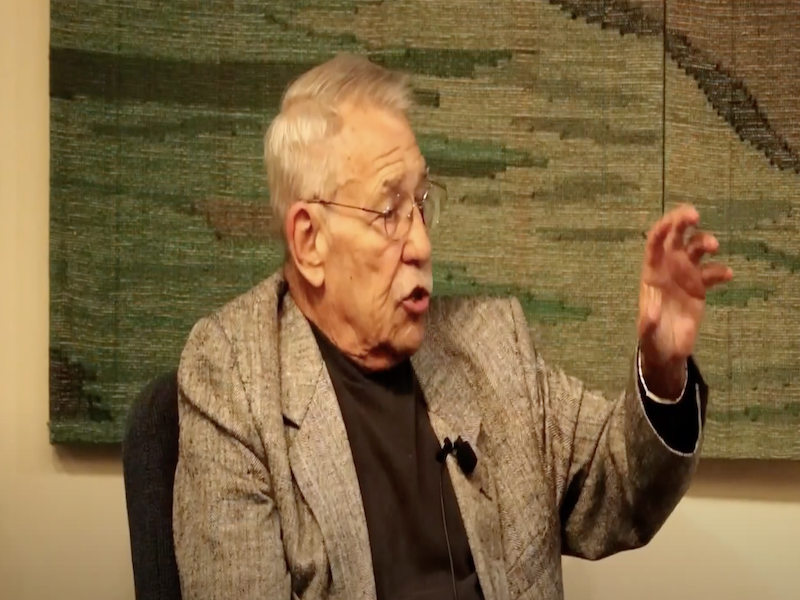Spiritual Christianity
I use the term Spirituality Christianity to distinguish between one’s:
- Self-identification as “Christian,” based on some form of intellectual agreement with Church dogma and/or with a belief in the literal use of Bible; and
- Experience of having divine encounters (however you define that) as you are attempting to do a belief.
Trying to DO a belief is very different than INTELLECTUALLY agreeing with a dogmatic or credal statement of belief. Those of us who are attempting daily to do beliefs will begin:
- Having experiences where others see the Divine in us;
- Gifting our lives with experiences of seeing the Divine in ALL others; and
- Experiencing Spirit’s daily guidance as we live our lives.
I heard a sermon from an evangelical biblical literalist in which he stated that “… when Jesus answered the Peter’s question of ‘how often one must forgive,’ and Jesus answered ‘seventy times seven.” (Matthew 18:21-22) The minister stated “Of course, Jesus never encountered a Muslim terrorist.” Since the minister could not imagine forgiving a Muslim Terrorist, he concluded that neither could Jesus. The minister cannot conceive of actually DOING the belief in forgiveness that he says he believes as summarized in the Lord’s Prayer: “Father, forgive us our trespasses AS WE FORGIVE those who have trespassed against us.” (Matthew, 6:14-15)
I discuss this, as well, in the 4th video snap shot, shown below, from a longer interview.





